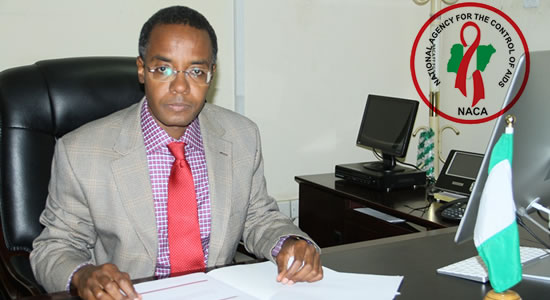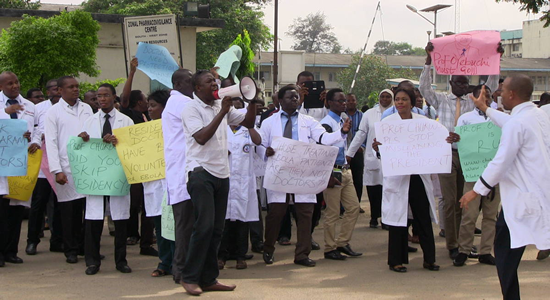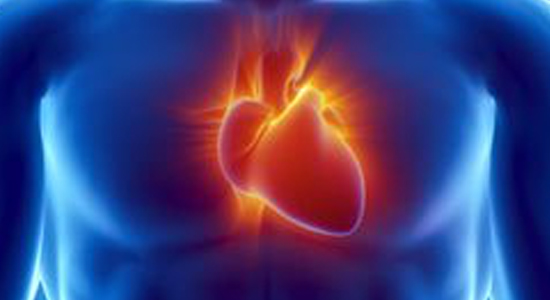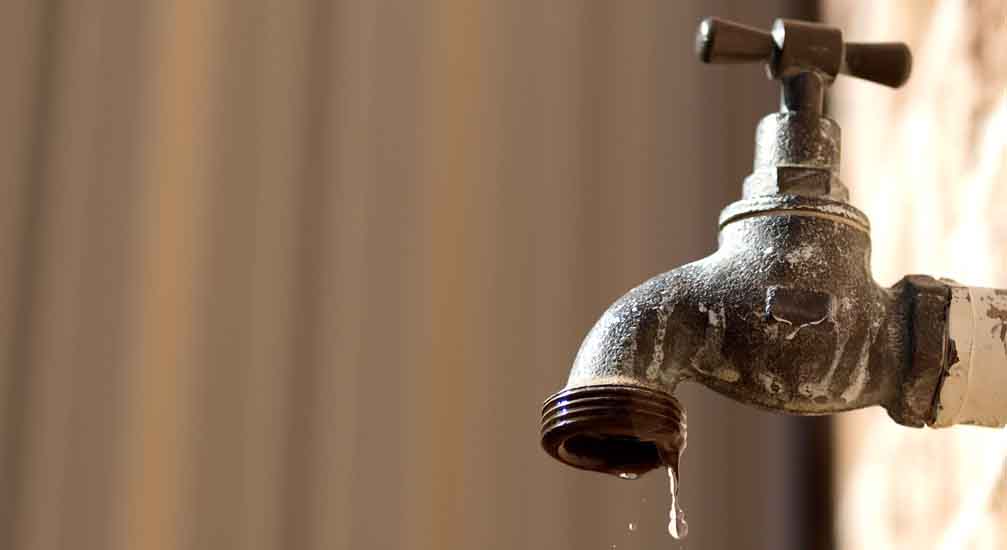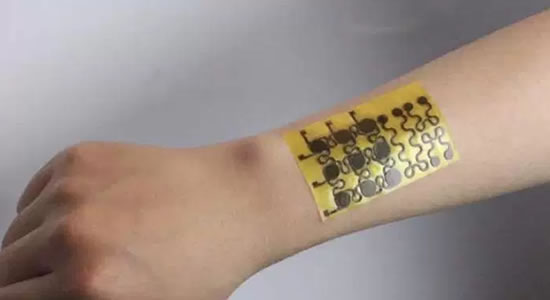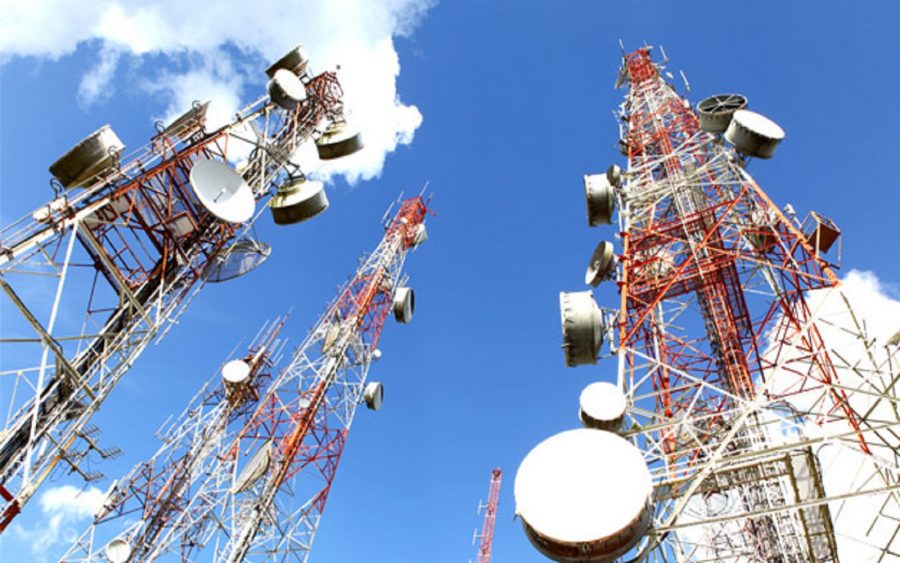The Director General of National Agency for the Control of AIDS (NACA), Sani Aliyu has warned Nigerians, especially youths, to “love wisely or buy condoms’’ as they prepare to celebrate this year’s Valentine’s Day on February 14. Sani gave the advice in a statement issued on Monday in Abuja by the Head of Public Relations and Protocol, Toyin Aderibigbe.
Health Workers Threaten Strike
Members of Joint Health Sector Unions (JOHESU) and Assembly of Healthcare Professional Associations (AHPA) have threatened to resume nationwide industrial action if the Federal Government fails to meet their demands. The National Chairman and Secretary of JOHESU, Biobelemoye Joy Josiah Ekpebor Florence respectively made this known on Sunday after a consultative meeting with stakeholders. The duo urged the government to act in the interest of the sector or prepare for a showdown.
Researchers Reveal A Biosensor That Can Detect Cancer, Heart Attack Without Doctors
A mobile phone-sized box may help patients detect acute heart failure or cancer, at any time, without any medical assistance. A Chinese research program is trying to make this “family physician” dream come true. Chinese scientists have developed a biosensor based on an optical microfiber coupler (OMC) to identify one ultra sensitive biomarker of acute myocardial infarction (AMI), the medical term for a heart attack, which could make detection much easier and less expensive.
90% Nigerian Households Consume Faeces-Contaminated Water
The Multiple Indicator Cluster Survey (MICS) has revealed that ninety per cent of households in Nigeria consume contaminated water and other impure substances,
Mrs Maureen Zubie-Okolo, a Monitoring and Evaluation Specialist with UNICEF, told the News Agency of Nigeria (NAN) that the water and sanitation situation in the country was worrisome.
She said although 64.1 per cent of Nigerians had access to improved drinking water sources, North-East states were, however, lagging behind with 52.4 per cent, while South-West states top the chart with 87.3 per cent of its residents having access to improved water sources.
“About two out of every three households use improved water sources, while a little more than one-third use improved sanitation compared to 58.5 percent and 31 per cent respectively in 2011.
New Self-Healing, Recyclable' Electronic Skin' Can Sense Temperature And Touch
University of Colorado Boulder researchers have developed a new type of malleable, self-healing and fully recyclable "electronic skin" that has applications ranging from robotics and prosthetic development to better biomedical devices. Electronic skin, known as e-skin, is a thin, translucent material that can mimic the function and mechanical properties of human skin.
Diet Can Halt Spread Of Breast Cancer – Study
Scientists have discovered that an amino acid called asparagine is essential for breast cancer spread, and by restricting it, cancer cells stopped invading other parts of the body in mice, according to research* part-funded by Cancer Research UK and published in the journal Nature. They hope the finding may yield a method to prevent cancer cells spreading from their origins in a woman’s breast to form tumours in her lungs, brain, other organs or bones — a process known as “metastasis” which is the most common cause of death.
NHIS Staffs Reject The Reinstatement Of Yusuf Umar, Stage Protest Against His Resumption
Staffs of National Health Insurance Scheme (NHIS) on Thursday protested against the reinstatement of the suspended Executive Secretary of the Scheme, Prof. Yusuf Umar. The protest started when Prof. Umar resumed work today after receiving the letter of his reinstatement by President Muhammadu Buhari.










